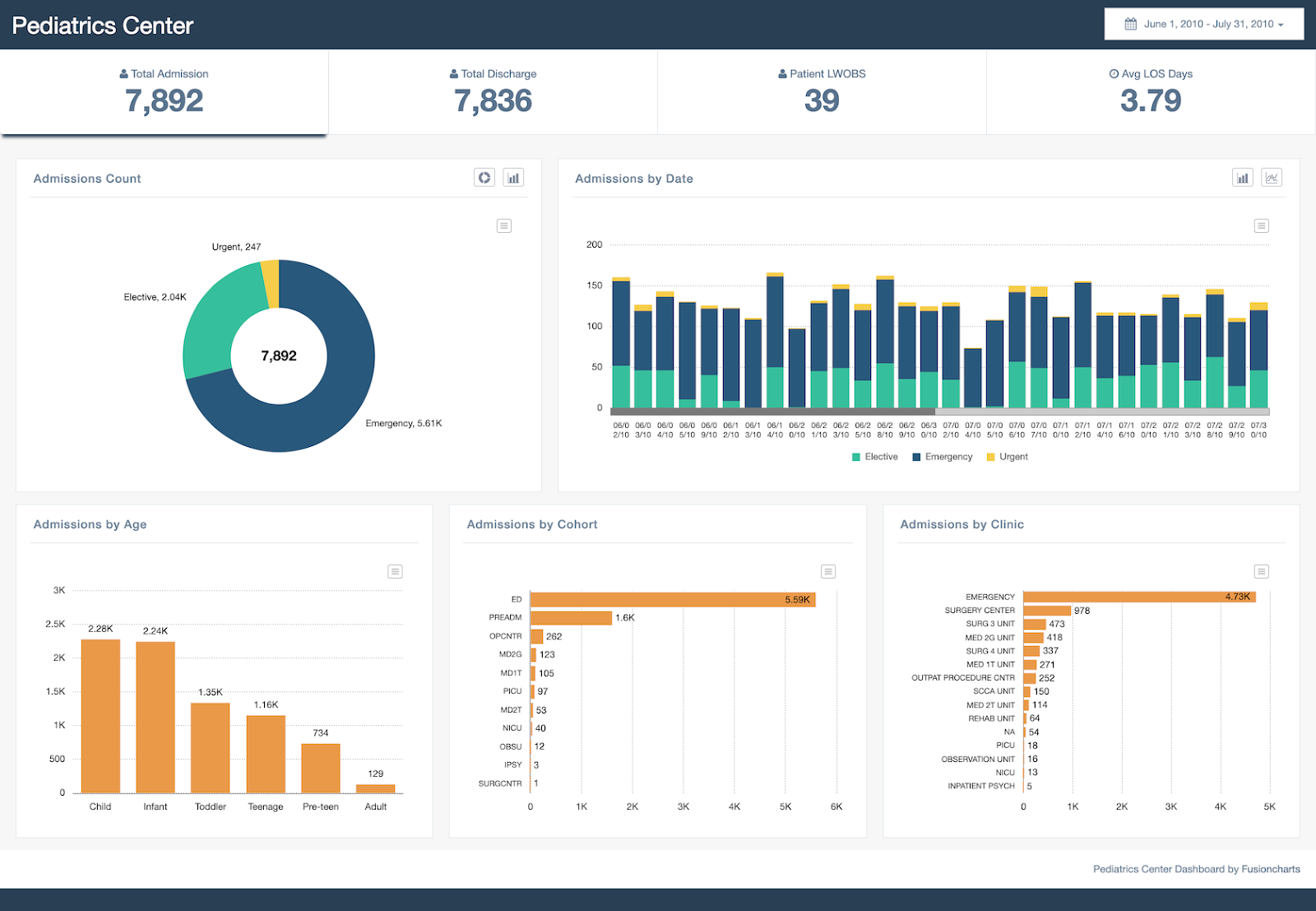Introducing TravelNXT
Revolutionary MCP + Agentic AI Framework for Airlines
InsightNext proudly announces the launch of TravelNXT, our groundbreaking Model Context Protocol (MCP) Server combined with Agentic AI frameworks. This revolutionary solution transforms airline operations through unified, model-agnostic infrastructure.




